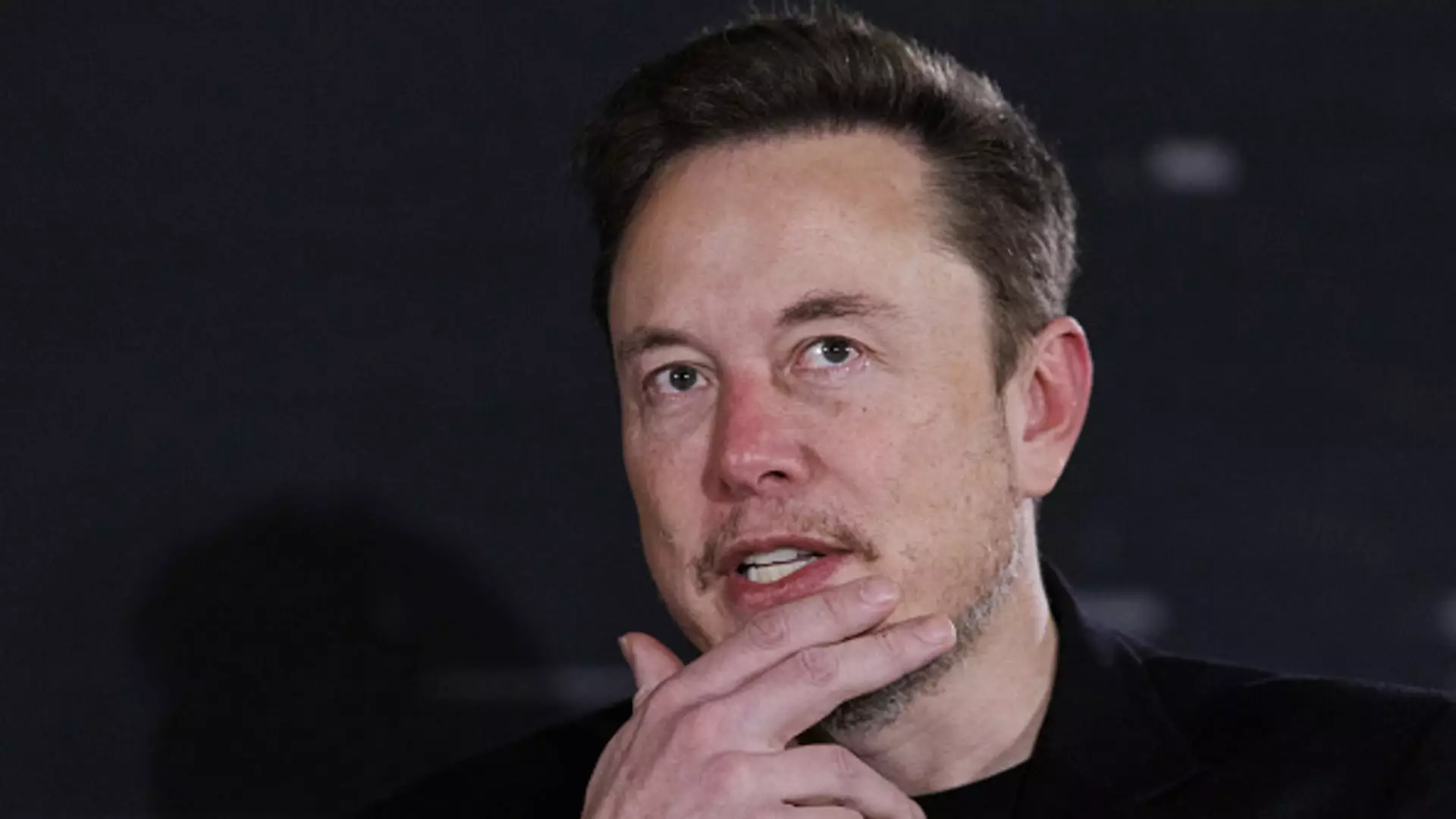Elon Musk, the enigmatic CEO of Tesla and SpaceX, is no stranger to controversy. However, his latest announcement has raised eyebrows and sparked a new wave of speculation. Musk expressed his desire to obtain approximately 25% of voting control over Tesla, the electric vehicle giant he co-founded. This move comes as a surprise, considering Musk already owns around 13% of Tesla. To justify his request, Musk stated that he is uncomfortable with the idea of growing Tesla as a leader in AI and robotics without sufficient voting control. He wants to be influential, but also believes in maintaining a balance where he can be overturned if necessary.
Musk’s statement on Twitter revealed his strong stance on the matter. He expressed his preference for building products outside of Tesla if he does not have the desired level of voting control. In his eyes, Tesla is not just one startup but a collection of independent ventures. Musk compared Tesla to General Motors (GM), emphasizing the vast differences in their scope and offerings. He also questioned the motivation behind stock ownership, pointing out that other major shareholders like Fidelity do not actively participate in the day-to-day operations. Tesla has yet to respond to these remarks, leaving investors and industry analysts wondering about the potential implications of Musk’s statements.
Musk’s recent announcement seems to contradict his previous comments about Tesla’s importance in the AI and robotics space. In April 2022, during Tesla’s first-quarter earnings call, Musk predicted that the company’s humanoid robot, Optimus, would be worth more than the entire car business and full self-driving technology combined. Furthermore, he touted Tesla’s depth and breadth in AI, compute hardware, and robotics during Tesla AI Day in September of that year. These conflicting statements have left observers puzzled about Musk’s true intentions and the direction he envisions for Tesla.
Musk’s desire for increased control adds to the already mounting pressure on Tesla’s board of directors. The board, responsible for determining CEO and director compensation, faces concerns from investors and lawmakers alike. Questions have been raised about Musk’s divided focus, as he concurrently manages SpaceX, X Corp., and various other ventures alongside Tesla. Musk’s controversial political and cultural statements have also drawn criticism, with recent tweets disparaging corporate diversity and inclusion initiatives. Additionally, federal probes involving Musk and Tesla have raised eyebrows, along with concerns about the CEO’s reported drug use.
While Tesla’s revenue in 2022 primarily came from its automotive segment, the company’s recent financial filings indicate a transition towards AI, robotics, and automation. Musk shared a video clip on Twitter, showcasing the development of the Optimus robot. However, the robot demonstrated in the video was remote-operated and not autonomous, raising doubts about Tesla’s current capabilities in AI and robotics. These developments, coupled with Musk’s desire for increased voting control, create a sense of uncertainty and fuel speculation about the future direction of Tesla.
In addition to the 25% voting control request, Musk addressed the ongoing trial in Delaware concerning his $56 billion pay package from Tesla. A shareholder, Richard J. Tornetta, has sued Musk and Tesla, alleging excessive compensation and a breach of fiduciary duty. Musk revealed that Tesla’s board of directors is withholding the establishment of a new compensation plan until the conclusion of the Tornetta case. This legal battle has far-reaching implications not only for Musk’s compensation but also for corporate governance at Tesla.
Elon Musk’s quest for greater voting control over Tesla has thrust the company into uncharted territory. As one of the most influential figures in the tech and automotive industries, Musk’s actions and statements have far-reaching consequences. The battle for control, coupled with concerns surrounding Musk’s leadership, may shape the future of the company. As investors and industry watchers eagerly await Tesla’s response to Musk’s request, the outcome will undoubtedly have a profound impact on the trajectory and strategic direction of one of the world’s most prominent electric vehicle companies.


Leave a Reply